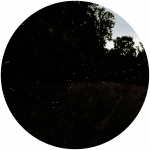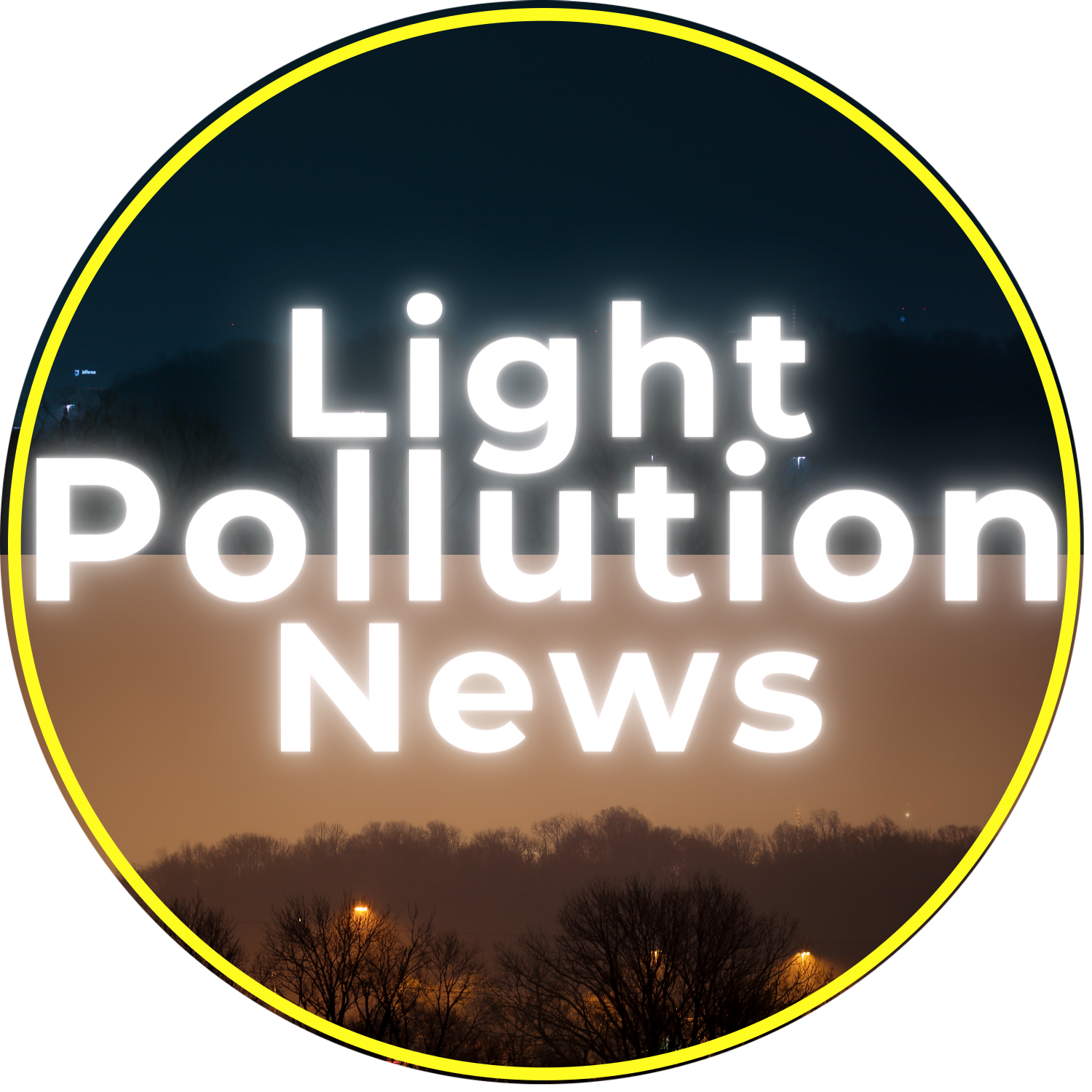
Subscribe
Spotify | Apple Podcast | Sticher | Google Podcast

Show Notes for Episode 0.
Hi everyone, my name is Bill McGeeney, and I’m a light pollution awareness advocate based in Philadelphia, PA. This is the show I bring you up to speed with light pollution news happening around the United States and beyond.
If you’re new to the term light pollution, welcome! Light pollution isn’t a new term although it has undergone some updates over the years. Initially, light pollution was fettered about by astronomers who first raised the alert to our disappearing nighttime. Back then, the term meant little more than irresponsible use of light that muddied the sky darkness.
Now, light pollution is largely regarded as not just societal nighttime blight, but also a source of wide reaching ecological disturbance and as a potential variable which impacts the likelihood of individuals succumbing to cancer.
While early on, astronomers may have used the term “pollution” loosely, new facts seem to banter about all the time regarding the true impact of excessive light at night. Light pollution now firmly falls in line with every other pollution, just as impactful as air, water, and land pollution.
I challenge anyone listening to find a place that is truly dark in their community, that isn’t hidden under the canopy of a tree or the darkness of a closed off room. Light is so pervasive that it’s not uncommon for urbanites to feel a sense of fear even when there is light, albeit at a much lower level.
I want to take a second to talk about the format of this show. I aim to have two episodes out per month. This is a side project for me, which I am working all on my own. If you’d like to lend an unpaid hand, feel free to reach out to me at lightpollutionnews.com or find this on reddit/lightpollutionewspodcast.
This podcast isn’t going to be answering the why’s of light pollution. There’s actually a very good podcast for that already called “Restoring Darkness.” I recommend you take a listen to learn more about this issue.
At the end of the day, I’m doing this because I love night, the endangered half of our day. Despite what your feelings may tell you, the reality is that night isn’t any more scary or dangerous than the daytime. Places with high daytime violence have equally high nighttime violence. Burglars aren’t deterred by lights, they’re incentivized by opportunity. It’s why most break ins for residential buildings occur during the day and most break ins for businesses occur at night. And it’s also why cars sitting under a street light are more at risk to having their windows smashed should the owner leave something visible in the seat.
Light pollution is the simplest of all pollutions to fix. Simply aim your lights down to the ground. Only use your lights when it is needed. If you are afraid of the dark or feel vulnerable at night, a motion sensor will do more than a steady flood light ever will. And finally, use just enough lighting. A modest amount of lighting, especially when using new LED lights goes a long way to improving visual acuity.
Lastly, you may be familiar with the term “dark” skies. The term “dark” unfortunately evokes fear in our society. The phrase dark is always used to describe evil. Take for instance the often used combination of “Dark and Scary.” The phrase dark goes much farther, say into the “darkness,” which colloquially translates to a negative state of one’s mind, or activities.
I attempt to extricate our use of the word “dark” as I believe it does more to hinder light pollution mitigation than it does to improve it. It’s unfortunate that the largest light pollution mitigation force is called the “International Dark-Sky Association.” Due to the societal overtones with the word “dark,” I will hesitate to use it in conversation on this show, rather in place I prefer to use the term “starry skies.” Starry skies evokes a positive vision for what we are truly aiming to achieve; protection and recognition of the second half of the day, night.
Thank you for joining me on this first episode of the light pollution news podcast. I look forward to engaging and hearing from you! Please reach out to bill@lightpollutionnews.com.

